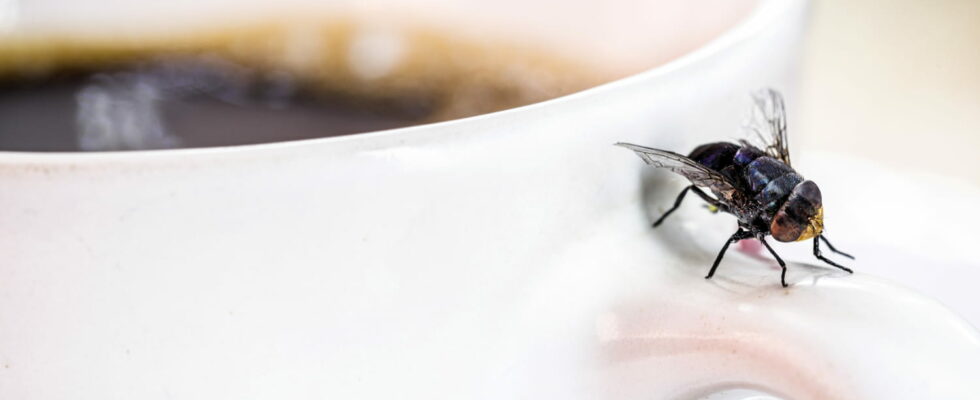As temperatures rise, flies begin to invade our gardens and homes. Fortunately, there is a simple and economical way to repel them with a product you have in your kitchen.
When spring returns and especially when summer arrives, flies invade our homes and gardens. These little flying creatures can turn an outdoor meal into a constant battle to protect our food. Their presence indoors is just as annoying, especially when they are attracted to food. Fortunately, there is a simple and effective technique to repel them with a product that we all have in our kitchen.
Flies are particularly active when temperatures rise. They are attracted to heat and humidity, making them unwelcome visitors when spring gives way to summer. While traps and chemical repellents can be effective, they are not always the most desirable solution. To keep these annoying insects away without eradicating them, it is better to use a natural and non-toxic method such as the aluminum foil technique.
For this you will need clear freezer bags, water and pieces of aluminum foil. Start by filling the bags with water and adding a few pieces of foil. Seal the bags tightly and hang them around windows and doors. Sunlight will reflect off the aluminum pieces, creating a flickering effect that will disorient and scare flies, preventing them from entering.
This technique works on the same principle as using CDs hung in trees to repel birds. Light reflections disrupt the flies’ vision, causing them to avoid the area. If you have several entry points into your home, do not hesitate to multiply the bags to maximize the effect of this method.
Although this technique is effective in keeping flies out, it is not sufficient if they are already inside. In this case, there are other complementary solutions. Repellent plants like lavender, mint or basil can help keep flies away with their natural aromas. Homemade traps, such as containers containing a mixture of apple cider vinegar and a few drops of dishwashing liquid, can also attract and capture these insects.
Maintaining a clean home is also crucial to reducing the attractiveness of flies. Empty trash cans regularly, clean kitchen surfaces and store food in airtight containers. A clean home is less likely to attract these pests.
Finally, note that while flies are a real household nuisance, they play an important role in our ecosystem. They contribute to the decomposition of organic matter and certain species even participate in pollination. They also represent a food source for many predators such as birds, frogs and spiders. It is therefore better to look for methods to keep them away rather than eliminating them completely.
